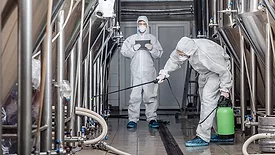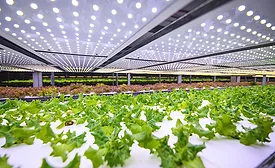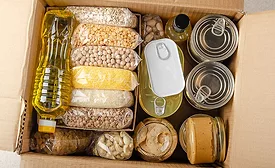Home » Keywords: » good manufacturing practices
Items Tagged with 'good manufacturing practices'
ARTICLES
Implementation of FSMS and Correlation with Microbiological Criteria, Systems Thinking, and Food Safety Culture
Complex problems can be solved by using systems thinking, along with food safety knowledge and skills
December 11, 2022
Strategies to Reduce Clostridium botulinum Risk in Fresh-Cut Produce
Increasing consideration of C. botulinum as a potential pathogen of concern is emerging for fresh-cut vegetables, fruits, and mushrooms
August 15, 2022
CANNABIS PRODUCTS | JUNE 2019
Experts help cannabis edibles manufacturers prepare for future regulation
June 28, 2019
Take a proactive approach to reduce recall risks
By putting the right programs and procedures in place, dairy facilities could help prevent cross-contact and contamination that lead to costly recalls.
March 14, 2018
IMAGE GALLERIES
Slideshow: GMPs, FDA Food Code guidelines, handwashing and temperature control
Equipment, technology and more featured in the "Good Manufacturing Practices (GMPs) and FDA Food Code guidelines, handwashing and temperature control" article.
Never miss the latest news and trends driving the food safety industry
Newsletters | Website | eMagazine
JOIN TODAY!Copyright ©2026. All Rights Reserved BNP Media.
Design, CMS, Hosting & Web Development :: ePublishing











